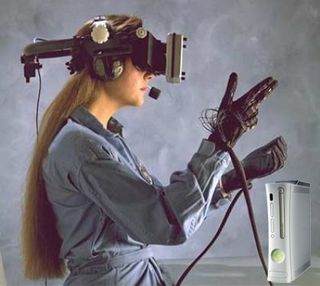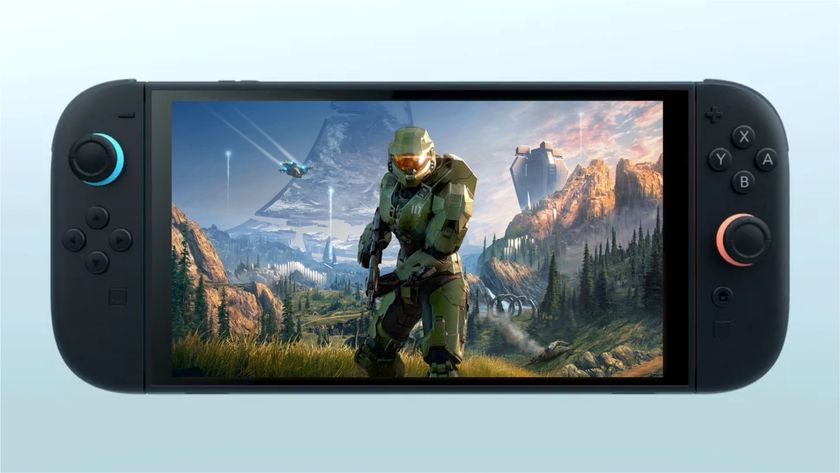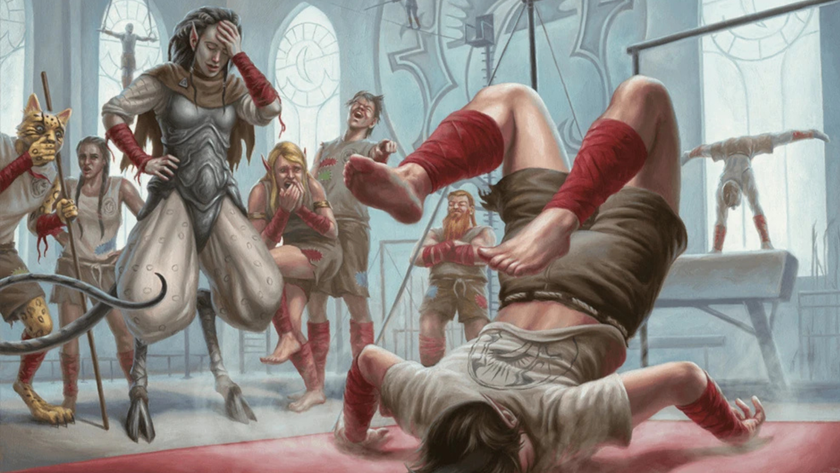Neuromancer: 25 years later
How close are we to William Gibson's bleak prophecies?
After 25 years, Neuromancer’s predictions about culture and technology remain largely accurate. Private militaries wage war for profit and corporations manipulate governments to their own ends. In America, the government electronically monitors citizens in the name of “homeland security,” and operates secret torture facilities around the world. Wealth continues to consolidate in fewer and fewer hands, while the super rich wall themselves away in glittering palaces. Oversexed celebutantes and reality TV lobotomize a public more concerned with Idol than Iraq. Vital public services like water, electricity and health care are privatized, deregulated and shamelessly exploited by corporate interests. Global warming andbig oil promise to push the world further toward militarism and totalitarianism. Scientific research in cloning, robotics and nanotech promise to prolong the lives of those that can afford them. The world we live in is actually a lot like Neuromancer, though we still have some work to do on neural implants. This long, but interesting video from last year’s LIFT conference in Korea discusses the current state of research on plugging the nervous system into the internet.
“Cyberspace” has become a household word, its function a de facto part of everyday life. We spend most of our waking hours plugged into the matrix, bathing in the flow of information via our desktops, laptops, hiptops and game consoles. In today’s cyberspace, users invest huge amounts of time in social media sites like Facebook and Twitter, the viral combination of narcissism and voyeurism acting like a narcotic. For the younger generation, who can’t remember life before the internet, this seems perfectly natural. Social media continues to erode the boundaries between cyberspace and the real world, between the online and offline self. But as we rush to move our “selves” online, are we fully aware of the consequences? Are we prepared to accept a surveillance state that constantly monitors our every move? Companies that psychologically profile us and package our personal information for profit? The preamble to “The National Strategy to Secure Cyberspace” by the Department of Homeland Security points out just how vital cyberspace has become:
“Our nation’s critical infrastructures are composed of public and private institutions in the sectors of agriculture, food, water, public health, emergency services, government, defense industrial base, information and telecommunications, energy, transportation, banking and finance, chemicals and hazardous materials, and postal and shipping. Cyberspace is their nervous system—the control system of our country. Cyberspace is composed of hundreds of thousands of interconnected computers, servers, routers, switches, and fiber optic cables that allow our critical infrastructures to work. Thus, the healthy functioning of cyberspace is essential to our economy and our national security.”
But cyberspace isn’t just for boring stuff like industry and shipping. Home game consoles have all but replaced the primitive arcades that originally inspired Gibson to dream up cyberspace in the first place. Gamers project themselves into the matrix, with senses ever more immersed in the experience of HD graphics and surround sound and virtual community. Many disregard meatspace in a manner similar to Case, Neuromancer’s console cowboy, forgetting to eat, sleep, drink, pee or blink during extended periods of game-trance. When neural jacks finally arrive, gamers will be the first to plug in.

New control schemes like Microsoft’s Project NATAL are a move toward the cyberpunk ideal of direct interface and realistic AI, though the need to actually move the body is a new twist. Despite the saccharine demo’s purposefully quaint, utopian tone, speculation immediately turned to how charming little Milo would react when mistreated. Maybe Gibson wasn’t so wrong about human nature after all.
[Ed. note: IMDB shows a Neuromancer film in pre-production, slated for a 2011 release! Hayden Christiansen is on board, and Liv Tyler is apparently in talks as well. She seems like more of a 3Jane than a Molly Millions, but nothing is confirmed yet… Joseph Kahn is attached to direct, and interestingly he is one of the few people William Gibson is following on Twitter.]
Aug 14, 2009
Sign up to the GamesRadar+ Newsletter
Weekly digests, tales from the communities you love, and more

Former Nintendo marketing leads say the Wii U flopped so bad that getting third-party support on Switch was "really hard," but the Switch 2 marks a new era: "There's no more proving yourself"

The Baldur's Gate 3-themed Stardew Valley mod that Larian boss Swen Vincke called "amazing" gets DMCA'd by D&D publisher Wizards of the Coast











